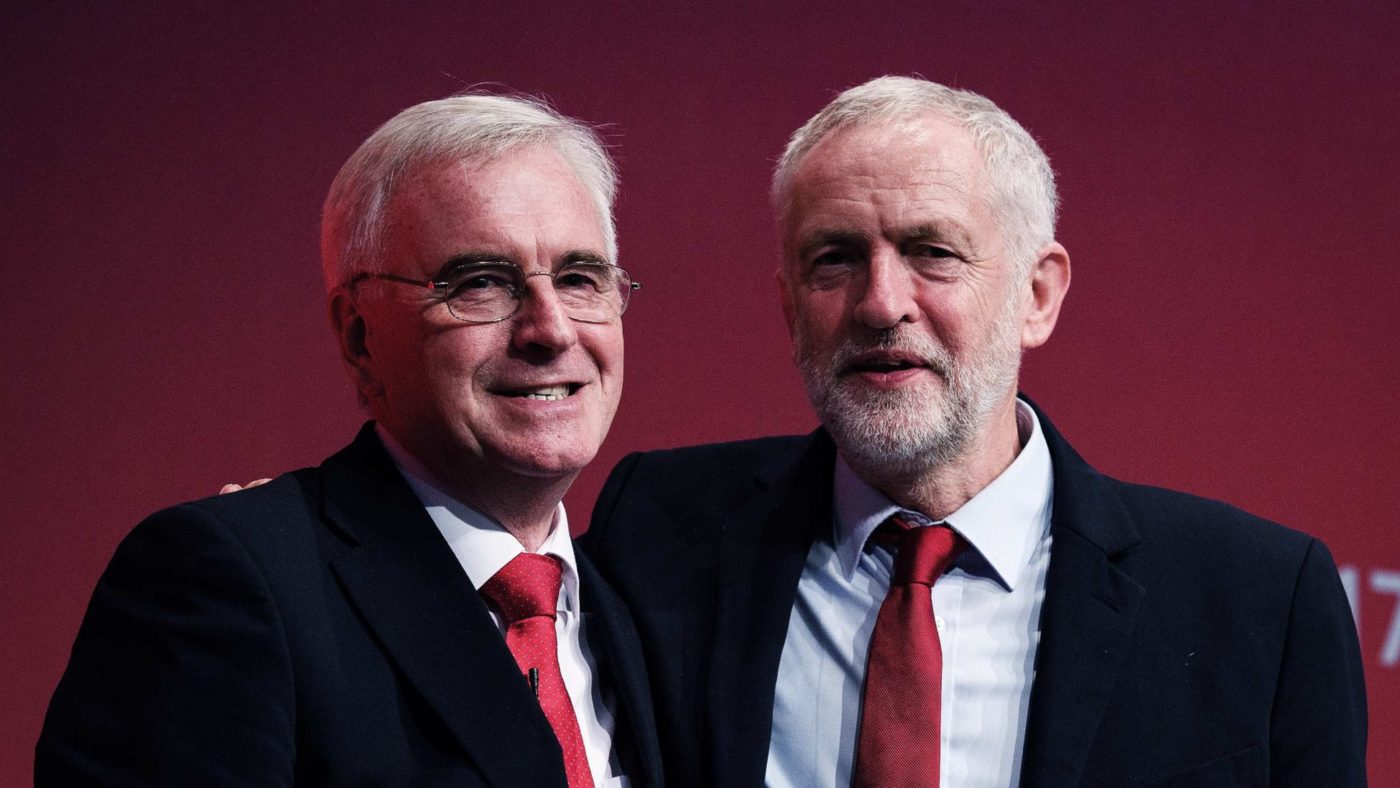After the 1980s, it was thought that the battle for free enterprise and free people had been won. We had Thatcher and Reagan, followed by market-sympathetic leaders on the left like Blair and Clinton. But if the rise of the likes of Jeremy Corbyn and Bernie Sanders tell us anything, it is that the fight against nationalisation and protectionism has to be won again. With the obsessive focus on Brexit, there are very few in elected office seemingly willing or capable of banging the drum for free enterprise.
Wholesale nationalisation – which has become (or resurfaced as) the Labour response to any slight hint of an issue – does not work. Nationalisation, in practice, puts power in the hands of bureaucrats, drives up costs to the taxpayer (meaning higher taxes), and stifles enterprise and innovation.
While Corbyn & co. are right to say that the market is not infallible, the solution to issues with the market is light touch, smart regulation to address specific problems and encourage competition.Total state control is like swallowing a poison pill to fix your common cold: it’ll fix the cold, but will cause some more fundamental issues.
It’s time we debunk some common myths about nationalisation.
Firstly, the notion that ‘the public get more control over a nationalised industry’ is rubbish. Nationalised entities become bureaucrat-led behemoths with no competition and therefore no incentive to improve quality or bow to consumer pressure. They must simply do as they’re told by the government of the day.
On the contrary, in private enterprise, where industry is subject to failure and deprived of massive chunks of public money, the consumer is king. In many industries, you are free to withhold your purchasing power, free to boycott PR moves or associations you disagree with, and free to switch to an industry competitor should they suit your needs more – no one-size-fits all.
Corbyn’s Labour Party claimed during the 2017 election campaign that centrally-run nationalised industry is commonplace in Europe – and it’s important that we catch-up. That isn’t true. When Corbyn tried to claim that there are ‘835 international examples of privatisation being reversed,’ Rob Colvile of the Centre for Policy Studies, pointed out that the examples given in accompanying literature included villages ‘re-nationalising’ (read: appropriating) individual services such as swimming pools. The all-encompassing nationalisation proposed by Labour has rarely been seen outside of the nightmare economies of Latin America.
Government ownership of industry does not mean better working lives for employees, either. According to TaxPayers’ Alliance research, public sector staff are 15 times more likely to strike than private sector employees. Maybe that’s because there’s more job security in the public sector – so less of a risk in striking – but it certainly isn’t evidence of superior working conditions or a happier working life.
Another ridiculous claim is that nationalised industries can be vital to a climate change strategy. Huge oil and gas producing countries like Saudi Arabia and Russia have state-owned industries. Around 70% of fossil fuel resources around the world are taxpayer-funded. Simply nationalising emissions doesn’t make them go away – and it’s private industry and business which has more of an incentive, in the face of consumer pressure and competition from rivals, to address emissions, plastic use, and more with innovative new technologies.
In practice, privatisation of industry has produced successes which are never spoken about: rail travel has more than doubled since privatisation, private investment in clean water has skyrocketed, and in privatising British Gas two million people bought shares who had never had corporate equities before – bucking the myth that privatisation only benefits the rich.
The solution to failing industry, as the Adam Smith Institute has long argued, is more competition where possible. This means pursuing policies which back innovators and new market entrants as opposed to entrenching the incumbent – such as open access on railways, so companies can compete with services operating on the same line at different times.
We’re at a political crossroads in which seemingly everything is up for debate. Climate change and Brexit dominates political discourse, but we can’t allow left-wing rhetoric on industry and enterprise to go unchallenged. Privatisation (or at least, our awkward quasi-privatised industries such as rail) have their flaws, but free enterprise and free markets are the single biggest driver of improved living standards, social mobility and better quality goods and services we’ve ever devised. We should sing their praises more often.
CapX depends on the generosity of its readers. If you value what we do, please consider making a donation.


